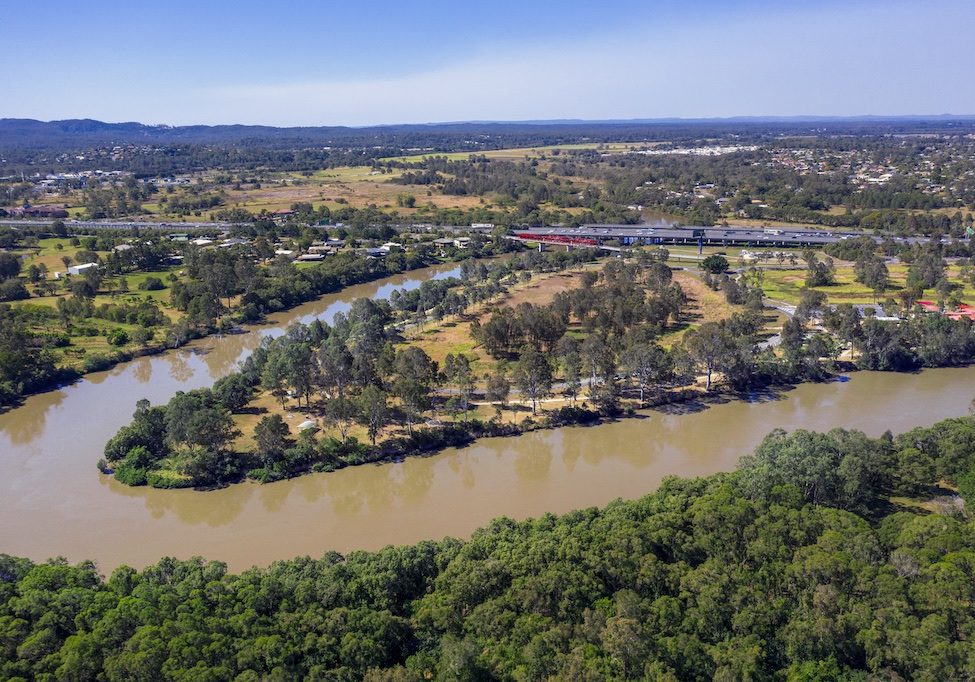Gold Coast Motorsport Training Centre Pty Ltd v Gold Coast City Council & Ors [2021] QPEC 33 provides direction from the Planning and Environment Court with respect to expert evidence, and evidence with respect to amenity, and noise.
It was lodged as an appeal against Council refusal for a kart racing facility, but as a result of a change application, the Council supported approval of the proposal at the hearing, subject to identified conditions, and on the basis that the Court was satisfied that the proposed use would not detract from the amenity of the local area. Three residents elected to join the appeal and were opposed to it.
The matter was heard over six days. The residents (the co-respondents) did not have a noise expert. They did not have a planning expert. The two noise experts, who appeared for the Council and the developer, both supported approval.
Significantly, the Sustainable Planning Act 2009 (Qld) was the applicable regime for assessment.
The proposed use was not listed in the table of development in the Emerging Communities Domain of the Planning Scheme, so was considered undesirable or inappropriate. Case law states it is therefore “inconsistent” and the parties therefore accepted there would be conflict with the Scheme.
Council submitted that the evidence of the respondent residents themselves should not be given much weight because evidence going to noise experts must properly be given by experts. The Court noted that Council’s submission was not supported by any authority, and the Judge did not accept it, and noted it is also contrary to often cited appellant court authority about amenity expectations, for example Broad v Brisbane City Council (Full court of the Supreme Court of Qld) which provides:
“In support of the fact that the ultimate test is objective are statements that the court must bear in mind “that an injury to the amenity must be determined according to the standards of comfort and enjoyment which are to be expected by ordinary people of plain, sober and simple notions not affected by some special sensitivity or eccentricity” (Rio Pioneer Gravel Co. Pty. Limited v. Warringah Shire Council (1969) 17 L.G.R.A. 153, 168). Again, descriptions of amenity of a neighbourhood as “the quality which it has of being pleasant or agreeable” (Cecil E. Mayo Pty. Limited v. Sydney City Council (1952) 18 L.G.R. 152, 156) and as “that element in the appearance and layout of town and country which makes for a comfortable and pleasant life rather than a mere existence.”
The wide-ranging concept of amenity contains many aspects that may be very difficult to articulate. Some aspects are practical and tangible such as traffic generation, noise, nuisance, appearance, and even the way of life of the neighbourhood. Other concepts are more elusive such as the standard or class of the neighbourhood, and the reasonable expectations of a neighbourhood. The creation of an institution within a neighbourhood is in my view capable of altering its character in a greater respect than can be measured by the additional noise, activity, traffic and physical effects that it is likely to produce.
In Leda Holdings Pty Ltd v Caboolture Shire Council & Ors, the Court of Appeal provided guidance on the appropriate use to be made of evidence about an existing unlawful use:
“while prior unlawful use should not disqualify an applicant for an approval to regularise the use, nor should any advantage accrue to a wrongdoer as a result of the wrongdoing.”
The existing unlawful use does allow such assessment of the impact that the proposed use will have on the amenity of the area. The judge therefore decided that the evidence of the co-respondents by election was relevant to Her Honour’s determination of the amenity of the area absent the proposed development.
The appellant submitted that the use of the motor sport should be within the reasonable amenity expectations of the residents. The existing reception and tracks on the subject land did not persuade Her Honour that the proposed use was appropriate or should be reasonably expected, because neither appeared to be authorised by approvals.
The court considered what weight should be afforded to the evidence of the co-respondents. Her Honour noted relevant factors were:
First, whether the use is within their reasonable expectations as informed by the planning controls applying in the area under consideration. Second, the extent to which the reasonable expectations with respect to amenity are affected by any development approval for, or any lawful use of, the subject land. Third, the extent to which the existence of the reception building and tracks on the subject land affects reasonable expectations. Fourth, whether, in an objective sense, the independent evidence indicates that the views of the Co-respondents by Election are unreliable.
Pursuant to the Planning Scheme, the proposed use was considered undesirable. The Council’s further reference to provisions of the structure plan also overlooked important contextual matters, and with respect to the Rural Precinct, the scheme provided “It is intended that the existing amenity of this precinct not be adversely impacted upon.” The land use within the Rural Precinct should also comply with the Rural Domain Code, and in context it was clear that active recreational facilities are not an anticipated use of the subject site.
With respect to the appropriate level of noise, the acoustic expert for the Council and appellant produced four Joint Expert Reports before settling on their conclusion. The noise standard selected by the experts was not mandated by the Planning Scheme which did not prescribe an applicable standard or guideline. Her Honour noted “The absence of an applicable standard or guideline, and reliance on experts’ professional judgment in the absence of relevant standards, is not novel. However, the Court is not bound to accept the professional judgment of the experts about such matters.”
Her Honour referred to Makita (Australia) Pty Ltd v Sprowle [2001] NSWCA 305 [85] which sets out the criteria that expert evidence must satisfy in order to be admittable. Experts and lawyers must have regard to those criteria when preparing expert evidence.
The Court noted:
“Expert witnesses, however skilled or eminent, can give no more than evidence. They cannot usurp the function of the Judge, and cannot substitute his advice for the judgment of the Court.”
While the evidence of appropriate experts must of course be respected and given due weight, the court is not obliged to fall in with their assessment of what impacts other people ought find acceptable. Also the expert’s opinion is of little use if it does not have a rational relationship to the facts. One of the experts referred to a level being “ordinarily” acceptable, but that was of no help to the Judge.
At [160] Her Honour noted that the deficiencies in the acoustic expert’s evidence was such that she was not prepared to “attribute any meaningful weight to the opinions of the acoustic engineers about the acceptability of the noise impact.” The modelling adopted by the noise experts also gave her cause for concern. They could not point to evidence to back their assertions about the use of shipping containers on earth mounds.
One of the experts did not, on several occasions, attach or exhibit for the Court the technical details which he asserted the reports contained, or which he relied on. He did not attest that the other ten reports upon which he sort to rely were true and correct and that the opinions in them were honestly held by him. As such, the technical matters upon which he relied had not been identified, let alone proved. His report did not comply with the requirements of rule 428 of the Uniform Civil Procedure Rules 1999.
Her Honour was therefore not prepared to accept the evidence of the acoustical engineers. She found that the noise would unacceptably detract from the amenity of the local area. Her Honour emphasised that the domains are the key (in the Planning Scheme) to the assessment of individual development proposals.
The appeal was therefore refused.
The Court emphasised the importance of the experts proving the basis for their opinions while giving expert evidence.
This article has been written by Mr Paul Beehre of Counsel. Mr Beehre was called to the Bar in 2012. Mr Beehre has practised in Planning and Environmental Law for over 15 years. His experience is complemented by his commercial law experience. He has acted for local and state government, property developers and commercial clients on a diverse range of matters. For more information on Mr Beehre, visit his website paulbeehrebarrister.com.au.
Please contact our specialist Planning and Environment Lawyer, Sarah Day, at [email protected] or phone 3439 8880 if you require any specialist planning and environmental law advice.
Contact Us
Need more information or want to book in a time to talk with one of our experts? Just fill in the form below and we'll get back to you.
Further Resources

NDAs and Contamination
Latest Videos
Businesses that we have helped
Here's a small selection of businesses we've helped achieve great outcomes.









As Featured In:












